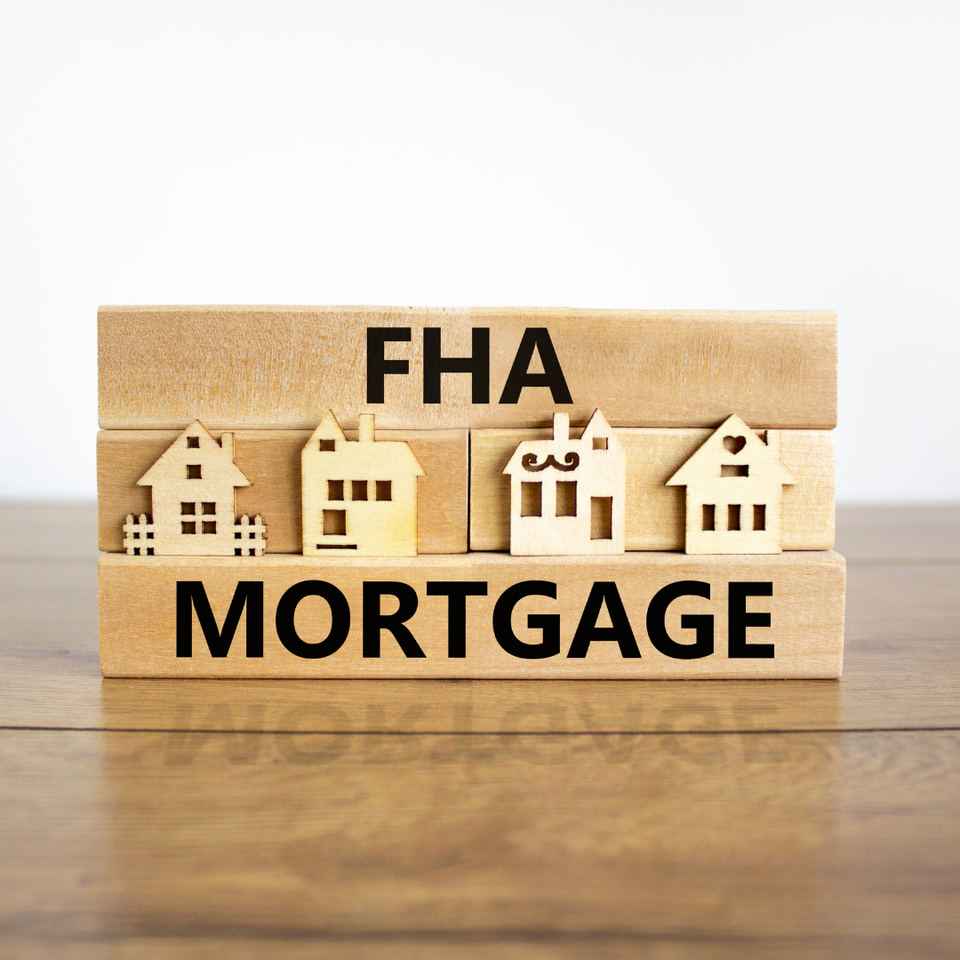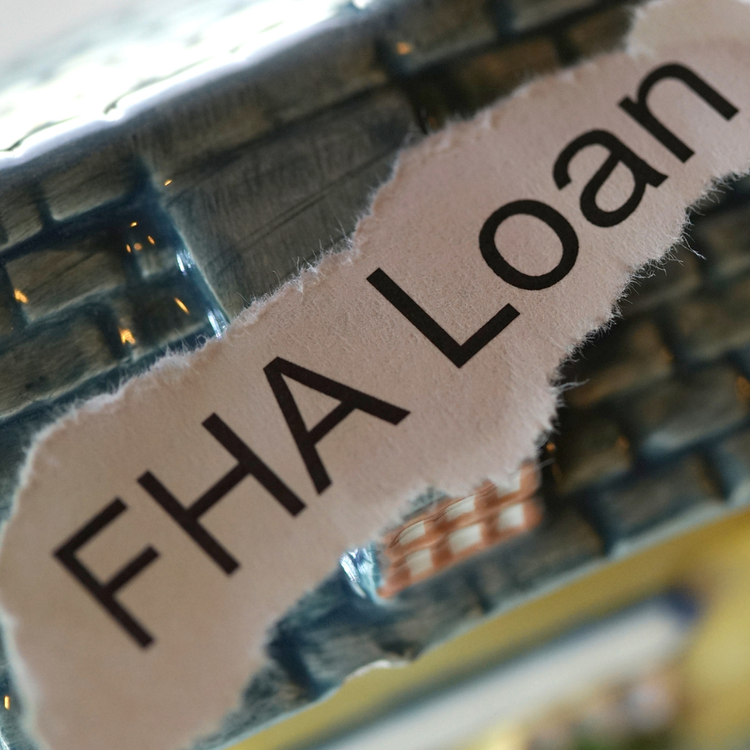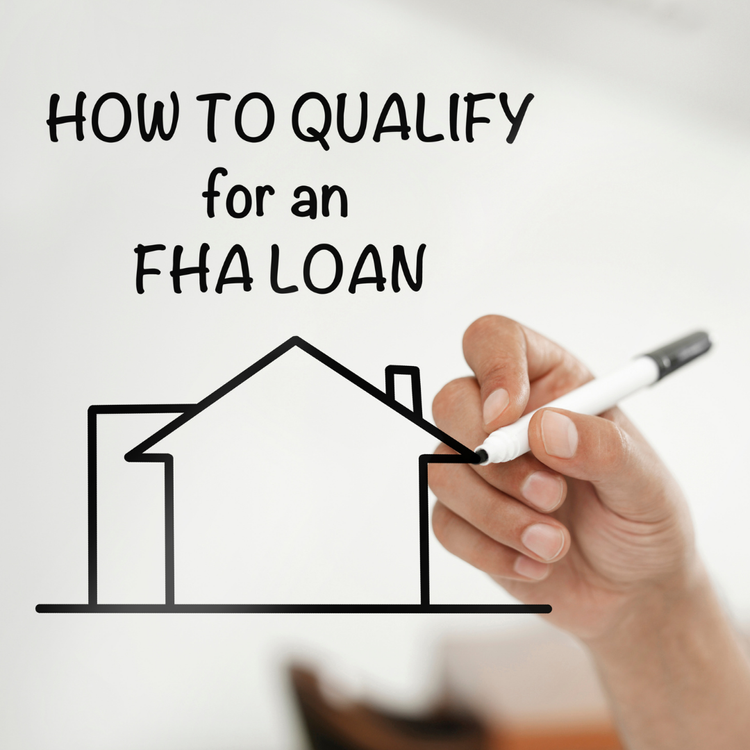If I wanted to purchase an investment property with a conventional mortgage, would I still be eligible to use a FHA loan down the road?

Short Answer:
Yes. FHA does not cap on the number of homes a borrower can own. However, FHA does restrict borrowers from having more than 1 FHA mortgage unless you meet some exceptions.
Longer Answer:
When exploring home financing options, especially for first-time buyers or those with less-than-perfect credit, FHA loans often come into the spotlight. These government-backed loans offer numerous benefits, but they also come with specific rules and restrictions. Common questions arises is whether the FHA imposes a cap on the number of homes you can own or type of properities you own.
Understanding Conventional and FHA Mortgages
A conventional mortgage is a type of home loan that is not insured or guaranteed by the federal government. These loans typically require a higher credit score and a larger down payment compared to government-backed loans. They are popular among investors due to their flexibility and the potential for lower interest rates for those with strong credit profiles.
On the other hand, an FHA (Federal Housing Administration) loan is a government-backed mortgage designed to help those looking to buy a primary residence and may have less-than-perfect credit or limited down payment. FHA loans require a lower minimum down payment and are known for their more lenient credit requirements.
Can You Use Both?
The good news is that purchasing an investment property with a conventional mortgage does not disqualify you from obtaining an FHA loan in the future.
Owning Multiple Homes with FHA Loans
While the FHA does not explicitly cap the number of homes you can own, the primary residence requirement effectively limits the use of FHA loans for multiple properties. Here are some important considerations:
- One FHA Loan at a Time: Generally, you can only have one FHA loan at a time. There are exceptions, such as relocating for work or changes in family size, but these are specific and require approval.
- Converting to Investment Property: After fulfilling the occupancy requirement, you may convert your FHA-financed home into a rental property. However, obtaining another FHA loan for a new primary residence will require meeting specific exceptions.
- Financial Assessment: Lenders will assess your financial situation, including your debt-to-income ratio and credit score, to determine your eligibility for additional loans, whether FHA or conventional.
Conclusion
In summary, purchasing an investment property with a conventional mortgage does not prevent you from using an FHA loan in the future, provided you meet the FHA loan requirements for a primary residence. It's essential to plan your finances carefully and ensure you can meet the obligations of both loans if you choose to pursue this path.
If you have other FHA questions, please reach out at teamjd@mainstreethl.com
These blogs are for informational purposes only. Make sure you understand the features associated with the loan program you choose, and that it meets your unique financial needs. Subject to Debt-to-Income and Underwriting requirements. This is not a credit decision or a commitment to lend. Eligibility is subject to completion of an application and verification of home ownership, occupancy, title, income, employment, credit, home value, collateral, and underwriting requirements. Not all programs are available in all areas. Offers may vary and are subject to change at any time without notice. Should you have any questions about the information provided, please contact me.
Find more answers to mortgage & real estate questions at www.jdanswersquestions.com
DMV mortgage



